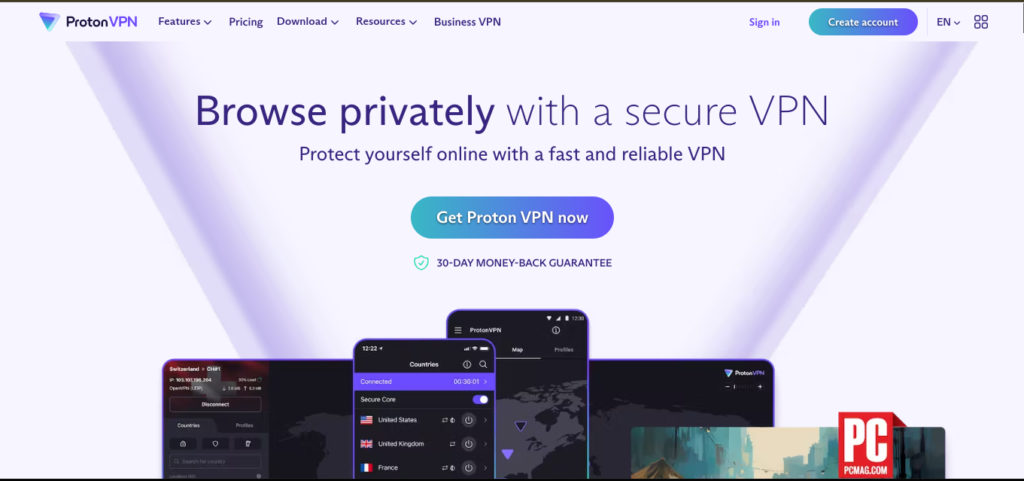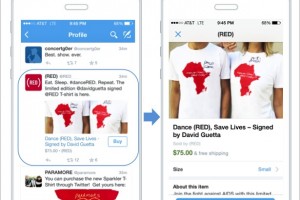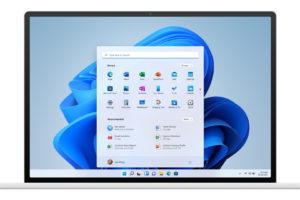I’m one of those who can’t do without a VPN. Not only does it secure my network and devices, but it also allows me to bypass content geo-restrictions, granting access to streaming services unavailable in my location. I’ve been a dedicated Surfshark subscriber, a paid VPN service, for over two years. However, this month, as my subscription expired, I embarked on a hunt for a free VPN service.
Surprisingly, there are several decent free services available, from Windscribe and Hotspot Shield VPN to Thunder and Psiphon. However, my current winner is ProtonVPN, a Swiss-based provider offering a suite of security-focused products, including VPN, secure email, calendar, password manager, and storage.
ProtonVPN offers both paid and free tiers. Before committing to a paid version, I opted to try out the free version. Given my diverse array of devices—Android and iOS devices, Windows PC, Chromebook, a smart TV and a Mac Mini—I needed a VPN service that supports multiple platforms, and ProtonVPN fits the bill. While the free version limits users to a single device, ProtonVPN can also be installed on a WiFi router, securing all devices connected to that network by default.
ProtonVPN’s Free Plan Features:
- No data or speed limits
- No advertisements
- No logging of online activity
- Protected by Swiss privacy laws
At home, I use a D-Link 885L WiFi5 router, despite its age of over 5 years. It remains reliable, fast, and compatible with DD-WRT, an open-source WiFi router operating system that facilitates VPN installation as a client. ProtonVPN supports both openVPN and Wireguard protocols and offers excellent documentation on setting up various supported routers with its VPN service. In no time, I replaced my previous Surfshark openVPN configurations on my WiFi router with ProtonVPN, allowing seamless streaming on my TCL Roku Smart TV.
Read more: How to install DD-WRT custom firmware on your WiFi Router
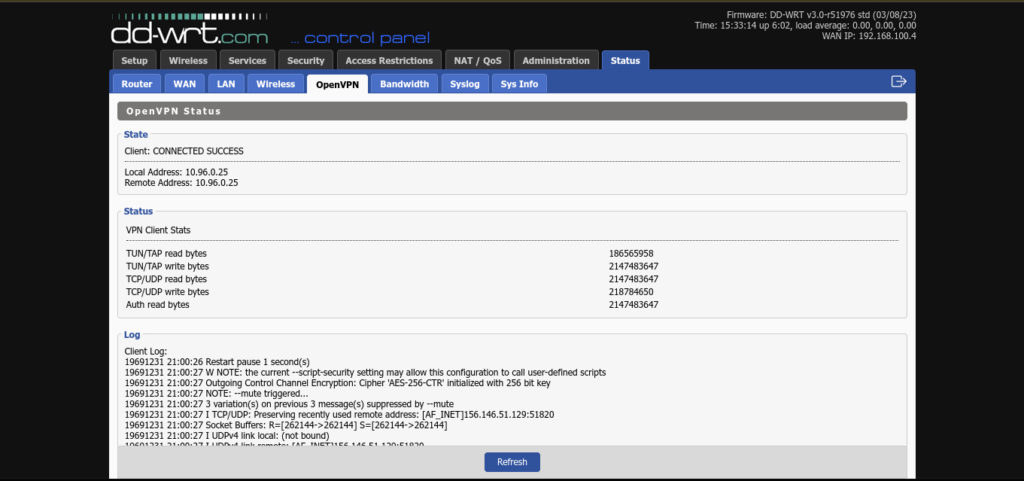
While the speeds aren’t the fastest, ranging between 10-15Mbps on my 20Mbps link, they are sufficient for streaming content with minimal buffering. For 4K HDR content on services like Netflix and Disney+, the performance was subpar, emphasizing the need for the paid version for superior streaming experiences. The free plan is also limited to connecting to only 4 countries – U.S., Japan, and the Netherlands – restricting access to content available solely in these regions. ProtonVPN makes it clear that the free plan doesn’t guarantee a smooth streaming experience; for that, the $5.99 paid plan is recommended.
Here’s a video tutorial I have made about ProtonVPN;
For users with more complex security needs, the free plan falls short. It lacks P2P/BitTorrent support, Secure Core VPN, or Tor over VPN, features available with the $5.99/month plan. The paid plan offers access to up to 61 countries, supports up to 10 concurrent connections, and boasts speeds of up to 10 Gbps. Payment options include monthly, yearly, or bi-yearly plans. You view complete comparison between the free and paid plans here.
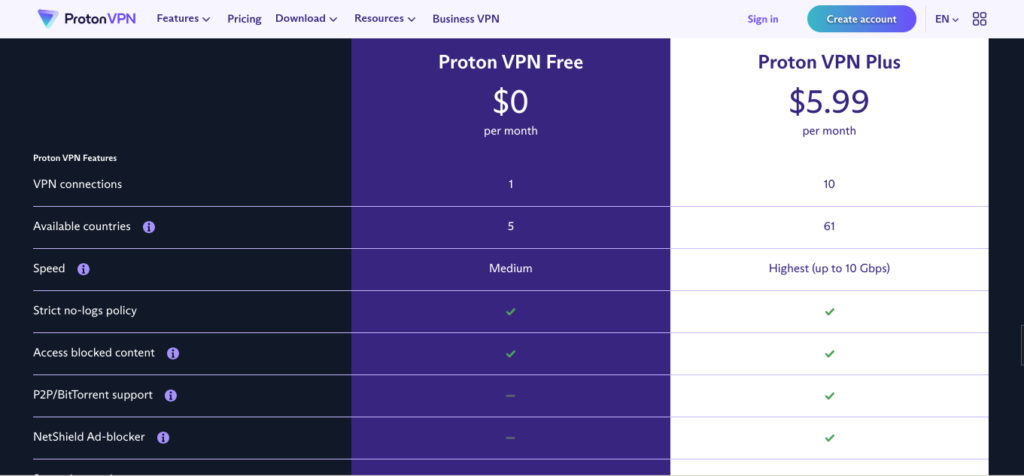
In conclusion, I think ProtonVPN’s free plan emerges as a commendable choice if you are seeking basic VPN functionality without the usual monthly financial commitments. With its impressive features, including no data or speed limits, no ads, and strict privacy protection under Swiss laws, ProtonVPN beats the competition with similar free plans making it a reliable option for securing your online activities.
Discover more from Dignited
Subscribe to get the latest posts sent to your email.


